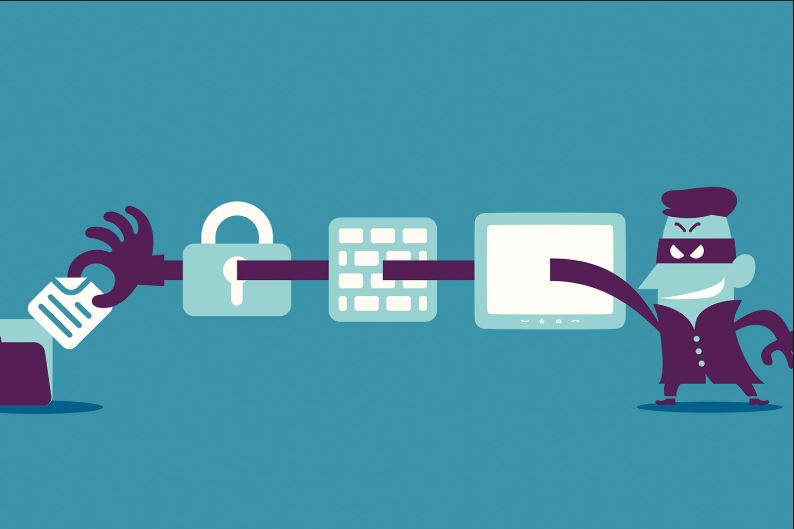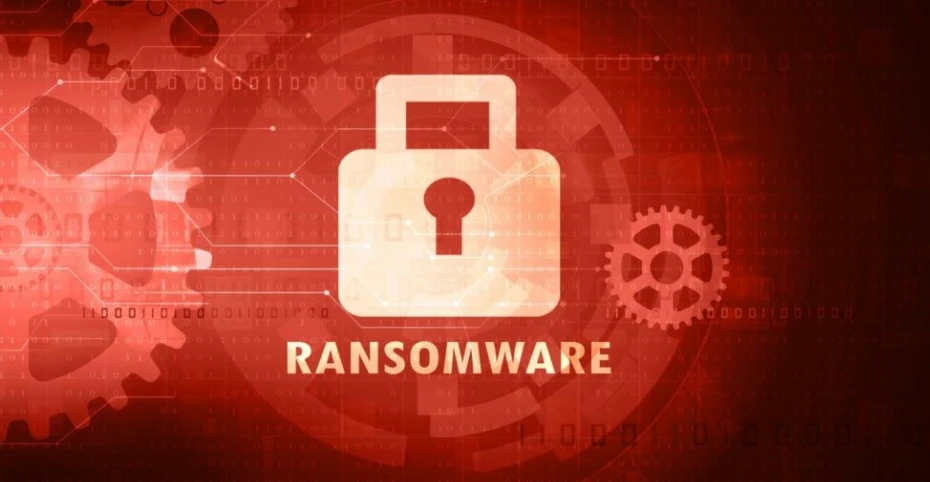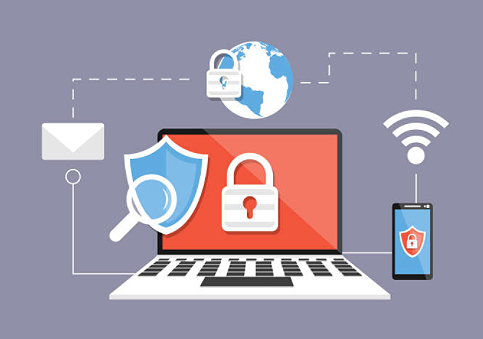Xcitium Discovers Equifax Executives’ Passwords For Sale On The Dark Web
Updated on October 11, 2022, by Xcitium

Following the Equifax data breach revelations, the Xcitium Threat Intelligence Lab undertook a Dark Web analysis on the company and discovered that more than 388 records of Equifax user and employee endpoint data is available for sale. This data includes username, title, password and login URL, plus the dates on which they were obtained.
We found Equifax users’ credentials were stolen via zero-day pony exploits. Pony malware is a Russian password stealer kit. It performs data exfiltration on the credentials of 90+ applications when it gains access to the machine. This type of malware can execute through a simple phishing attack or via a web application. Once the pony has its passwords, it deletes itself and becomes undetectable.
There was also evidence of third-party application breaches, such as through LinkedIn, Dropbox, Forbes.com, Last.fm, and other hacktivism sets.
Within our third-party data breach sets, we found that many of the compromised employee accounts, including those belonging to executive management, used passwords that were alarmingly simplistic.
From third-party (non-company system) sources, we uncovered that Equifax’s chief privacy officer, CIO, VP of PR and VP of Sales, used all lowercase letters, no special symbols, and easily guessable words like spouses’ names, city names, and even combinations of initials and birth year. This reveals that they didn’t follow basic security best practices and were lacking a complex password requirement. This is shocking for a large company that protects the sensitive information of millions of consumers.
It’s important to note that we normally see people using very similar or even identical passwords across multiple (if not all) of their accounts. There is, therefore, a very high probability that those same passwords or derivatives of them are used with internal Equifax applications.
We all communicate with companies today via many means, including many social media systems. If any of these accounts are compromised, it provides cybercriminals with the ability to communicate as the corporation. This is a simple and effective method of social engineering employees and customers to provide further access and further private information.
Ironically, these executives are the people that should be responsible for implementing best practices. Most systems and company policies insist on complex passwords with minimum password length and a mix of upper- and lowercase characters, combined with special characters and numerals. They also often include logic to ensure passwords are harder to work out, such as limiting the use of the same character or simple sequences of numbers.
Though it’s safe to assume that Equifax would have changed the passwords since the exposure of the cyberattack, we did not test this and cannot confirm.
The analysis was done using Xcitium’s free ‘Global Threat Analysis Report,’ which determines if enterprises’ sensitive information is available for sale on the Dark Web and provides information on how to restore security and prevent compromises from happening again,
Xcitium provides the service at no charge to any company with 5,000 employees or more. The participating companies then receive a detailed, confidential report, which concludes with actionable advice—technological recommendations on how to fill the security gaps discovered. Sign Up Here:












